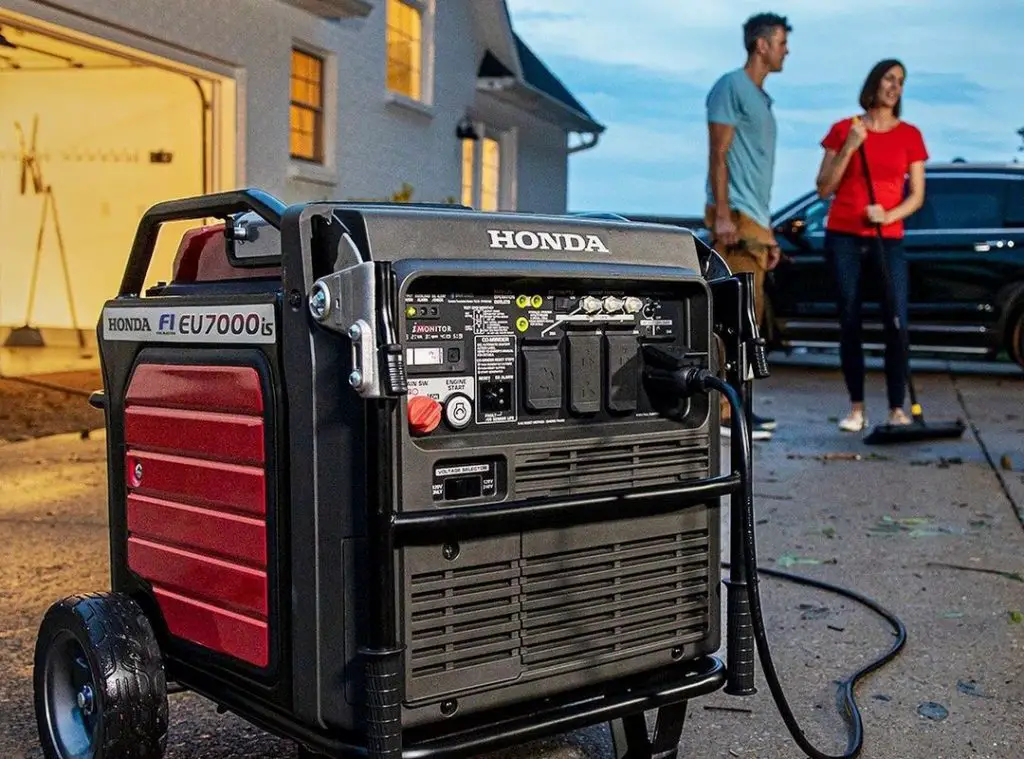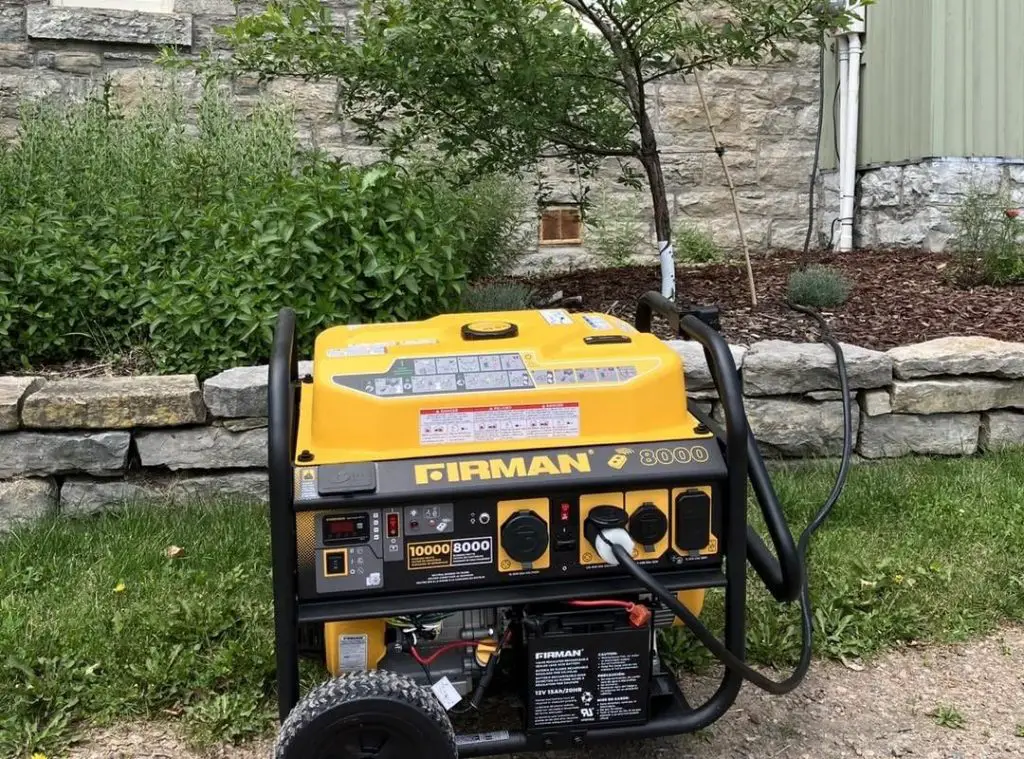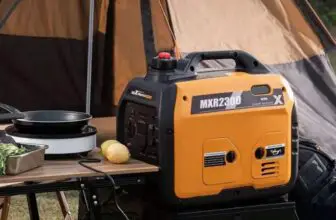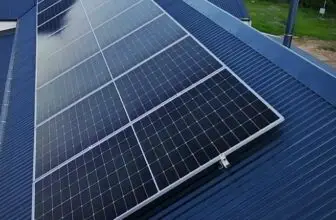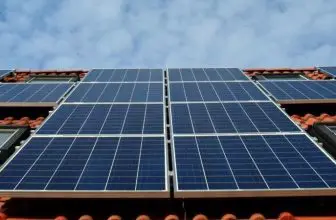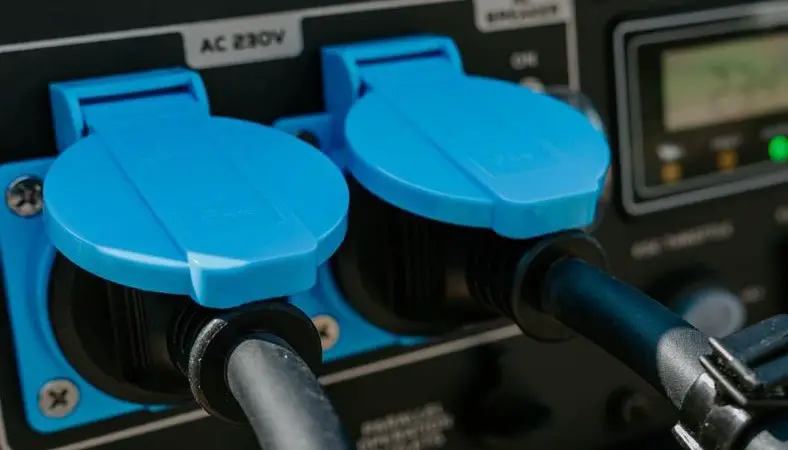
Generators have become so firmly established in our lives. We use them at home and at work, and as soon as there is an emergency power outage, a generator comes to the rescue. But like any device, a generator has a power limit. Exceeding this limit can cause overloading.
In this article, we will consider the main causes of generator overloads, how you can identify overloads and what to do to eliminate the consequences of overloads.
What Is Generator Overloading?
Contents
A generator overload is a situation where the total power of all consumers connected to the generator exceeds the maximum permissible value.
Overloads can be short-term, e.g. when a high inrush current consumer is connected, or long-term, caused by a short circuit or other factors. In the first case, the overload protection system (if provided in the design of the particular generator) stops the operation of the unit.
Causes of Overloads
If the total power of the equipment connected to the generator exceeds the maximum allowable value, the overloaded circuit is.
Connecting a vacuum cleaner, microwave, washing machine, or any other high-inrush current electrical appliance may cause the power plant to overload. Such processes usually last for a short time. In this case, the current occurring in the electric generator does not have time to overheat and destroy its windings.
Signs of Overload and Its Consequences
If an alternator is operated with an increased load in continuous operation, e.g. a short circuit, the collector and windings of the alternator will overheat. The increase in temperature, in turn, can lead to the destruction of winding insulation, cause inter-turn short circuits and destroy the rotor and stator. It is quite obvious that the only way out in such a situation can only be a costly repair. Signs of overloading:
- Overheating of the generator;
- The appearance of soot in the exhaust gases;
- Power decrease;
- Occurrence of interruptions in the supply of electricity to the consumer.
Precautions
Measures to avoid overloading the generator
- It is necessary to accurately calculate the power of electrical appliances and the power of the generator. Every unit that is sold on the market has two types of power: maximum and nominal. The documents for the unit state that its maximum capacity is 6.5 kW. Any expert will tell you that you can not load the device at full, even the rated power. This leads to a quick breakdown of the equipment. Therefore, it is always necessary to leave 15-20% to spare, so the generator can last longer.
- First of all, it is necessary to listen to the operation of the engine. After all, even with a small overload, you can hear how hard the engine starts to work, and how its revolutions sag. If you hear the wrong sounds, you should stop working immediately, because the unit will shut down on its own.
- If there is an odor of burning or a significant increase in generator temperature. It is recommended to turn off the generator and disconnect all electrical appliances. After the generator has cooled down, connect only a portion of all electrical appliances and watch the generator carefully.
How to Fix an Overloaded Generator?
Overload protection of generators is carried out in different ways.
- The classic method is strict monitoring and accounting. If you take into account the capacity and type of loads, you can prevent such situations. However, mechanical metering does not provide a complete guarantee. The optimum generator load capacity is 30 to 100% of the rated load. Do not allow the engine to run for long periods at low load or idle. For the maximum load, 70% of the upper value.
- Modern manufacturers take care of user safety and convenience by installing protection systems on generators. If the maximum power of the connected electrical appliances is exceeded, the automation breaker for the generator stops the voltage to consumers.
If your generator does not have a circuit breaker for the generator it can be purchased separately. - Timely maintenance will help your generator last longer. Inspect all units and replace defective units when necessary. Change the oil and check the oil level
Оverloaded circuit fix
If your generator is overloaded, you should take the following actions:
- Reduce the load on the generator by turning off unnecessary electrical equipment and appliances.
- If the generator is equipped with a circuit breaker, reset the breaker.
- If the generator is not equipped with a circuit breaker, turn off the main switch.
- Wait a few minutes, then turn the main switch back on and slowly increase the load on the generator.
- If the previous steps did not help, set the generator to eco mode.
If you are still overloaded, we recommend that you contact an alternator repair technician.
Recommendations
If the generator keeps tripping, this may indicate that the unit is not properly sized for power. Purchase a higher-wattage generator or alternate use of the equipment to be connected.
Some craftsmen suggest replacing the circuit breaker of the generator with a more powerful one. We do not recommend doing this.
A new circuit breaker will not protect the equipment, in addition, in case of malfunction you will not be able to use the warranty repair, because you have interfered with the design of the device.
Remember, if the protection trips, it means that the power plant is overheating and may fail
Frequently Asked Questions
Answers to frequently asked questions about generator overloads.
What happens if I overload a generator?
If you overload a generator, it can cause damage to the generator and cause a fire. If you are using a generator, you should never overload it. Since it can disable not only the generator but also all electrical appliances connected to it.
What causes a generator to go into overload?
A generator goes into overload when it is trying to produce more power than it is able to. This happens most often when too many appliances are connected or when the maximum wattage is incorrectly calculated.
This may be due to the overloading of the generator. Increased vibration of the running generator is a sign that the unit is out of normal operation mode.
Conclusion
When a generator is overloaded, the consequences can range from temporary failure to serious damage. As a result of constantly exceeding the limits of the power supply, there is a risk of destruction of components: stator, and rotor, as well as overheating of wires, and connected devices. The result is the need to restore the equipment and additional repair costs.

